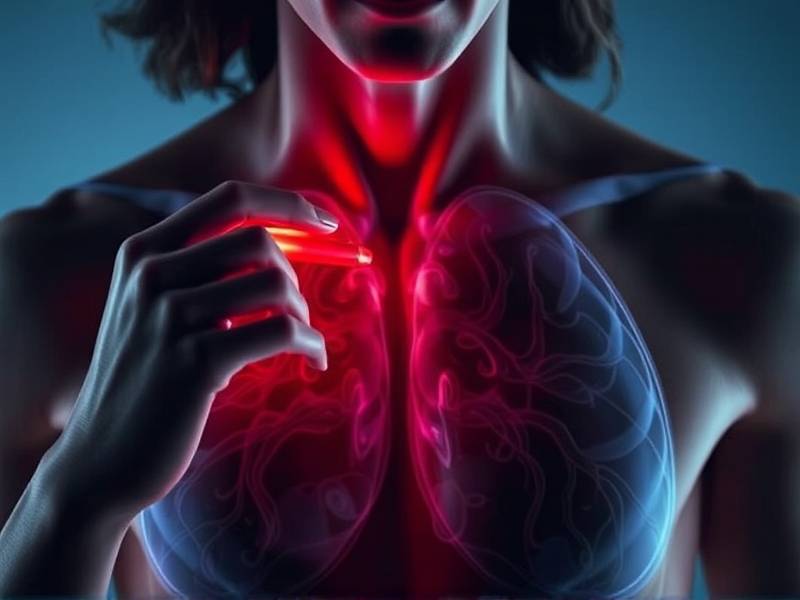Does Quitting Smoking Really Cause Chest Pain? A Comprehensive Guide
Introduction
Quitting smoking is a significant step towards a healthier life, but it's not without its challenges. One common concern among smokers is whether quitting smoking can lead to chest pain. This guide aims to explore this issue in detail, providing you with the necessary information to make an informed decision.
Understanding Chest Pain in Smokers
What is Chest Pain?
Chest pain can be a symptom of various conditions, ranging from minor issues like muscle strain to serious health problems such as heart attacks. It's essential to differentiate between these conditions when considering the impact of quitting smoking on chest pain.
Causes of Chest Pain
- Muscle Strain: Overuse or sudden movement of the muscles around the chest can cause strain.
- Heart Conditions: Issues like angina (heart-related chest pain) and heart attacks are more serious concerns.
- Pulmonary Embolism: A blood clot in the lung can lead to chest pain.
- Gastroesophageal Reflux Disease (GERD): Acid reflux can cause discomfort in the chest area.
Does Quitting Smoking Cause Chest Pain?
The Truth Behind Post-Quitting Chest Pain
While quitting smoking itself doesn't directly cause chest pain, it can exacerbate certain conditions that might already be present. Here’s why:

1. Nicotine Withdrawal
When you stop smoking, your body goes through nicotine withdrawal, which can trigger various symptoms, including chest pain. However, this is usually temporary and subsides as your body adjusts to lower nicotine levels.

2. Increased Coughing
Quitting smoking often leads to an increase in coughing due to the clearing of mucus from your lungs. While this might feel like chest pain, it's typically a sign of your body healing.
3. Heart Rate Changes
Nicotine causes your heart rate to increase temporarily. When you quit, your heart rate might drop suddenly, leading to feelings similar to chest pain.
When Should You Seek Medical Attention?
If you experience severe or persistent chest pain after quitting smoking, it's crucial to seek medical attention immediately. This could indicate a serious health condition that requires prompt treatment.
Managing Chest Pain After Quitting Smoking
Strategies for Relief
- Stay Hydrated: Drinking plenty of water helps thin mucus and alleviate coughing.
- Exercise Regularly: Gentle exercise improves lung function and reduces stress.
- Breathing Exercises: Techniques like diaphragmatic breathing can help manage anxiety and reduce symptoms of withdrawal.
Professional Support
Seeking support from healthcare professionals or support groups can provide additional guidance and emotional support during this challenging time.
Conclusion
While quitting smoking doesn't directly cause chronic chest pain, it may exacerbate certain symptoms or reveal underlying health issues that were previously masked by nicotine use. By understanding these factors and seeking appropriate care when needed, you can navigate the challenges of quitting smoking more effectively and enjoy a healthier lifestyle. Remember, every step towards quitting is a step towards better health!
